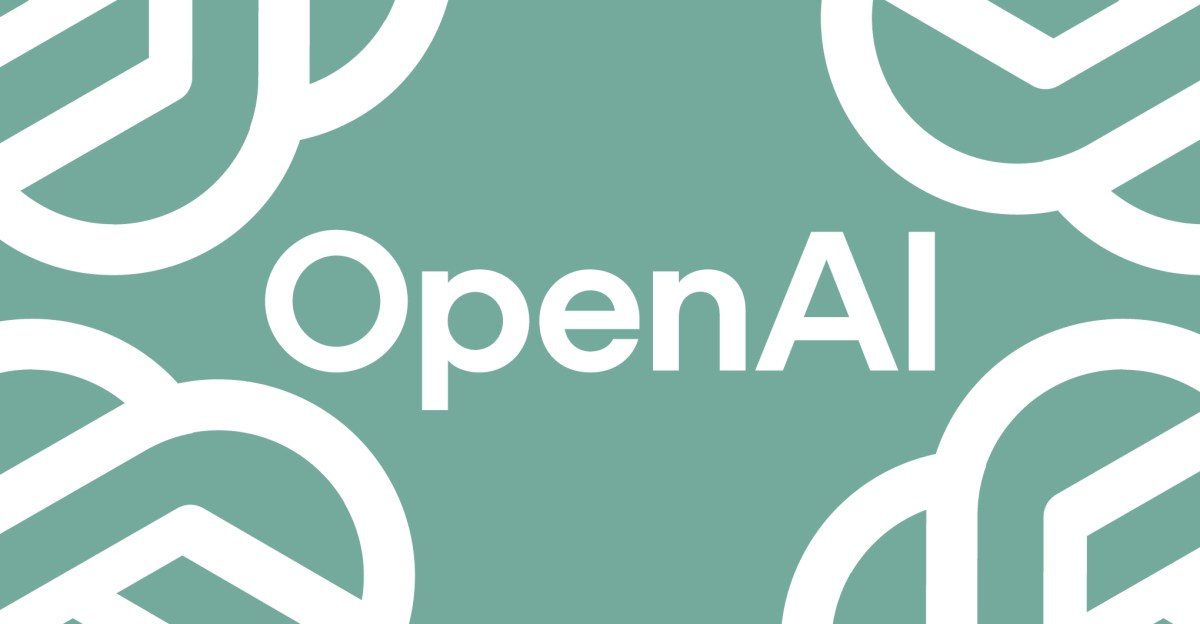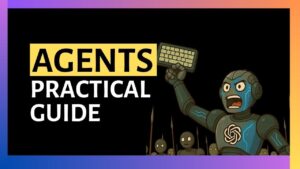OpenAI: Latest Updates on the Creators of ChatGPT

The Rise and Transformation of OpenAI
OpenAI, established in 2015, was created with a vision to develop artificial general intelligence (AGI)—a form of AI that can perform tasks with a level of understanding similar to a human. Since the introduction of ChatGPT, OpenAI has witnessed extraordinary growth and change. ChatGPT quickly gained recognition, even being labeled “the fastest-growing consumer application in history.” However, the organization’s journey has not been without its challenges and controversies.
Leadership Changes and Strategic Shifts
Over the years, many of OpenAI’s co-founders have departed for various reasons. Some left to start competitors, while others took positions with rival firms. This turnover has led to a shifting leadership landscape, particularly under the oversight of Sam Altman, the current CEO. After a brief period where Altman was removed from the company, there were significant discussions about transiting OpenAI from a nonprofit organization to a fully for-profit entity. This shift aims to stabilize operations and enhance investor confidence as OpenAI navigates its future in the competitive AI sector.
Financial Backing and Partnerships
OpenAI has attracted substantial financial backing, securing billions through funding rounds. Noteworthy partnerships have emerged, especially with tech giants like Apple and Microsoft. One remarkable initiative is the proposed Stargate project, an ambitious $500 billion data center project designed to support the vast computational needs of AI development and deployment. These financial moves underscore OpenAI’s potential and appeal in the tech industry.
Legal Challenges and Criticisms
Despite its advances, OpenAI faces significant hurdles. The company is embroiled in copyright lawsuits initiated by authors and news organizations claiming the unauthorized use of their works in training AI models. Furthermore, there are legal disputes involving co-founder Elon Musk, who has criticized the company for deviating from its original mission. The company has also received scrutiny for its high expenditures, prompting questions about its financial sustainability, even in light of projected billions in revenue.
Future Aspirations
As OpenAI continues to innovate, its ambitions stretch towards more impactful applications of AI. Altman has expressed optimism that by 2025 we may witness the emergence of AI agents integrated into the workforce, fundamentally altering how businesses operate. He believes that the team at OpenAI is now equipped with the knowledge required to construct AGI in the manner that has traditionally been envisioned. This optimism has made OpenAI a focal point in discussions about the future of artificial intelligence.
Monitoring OpenAI’s Progress
The rapid evolution of OpenAI has captured the attention of the tech industry and beyond, prompting analysts and companies to closely monitor its trajectories. With each advancement, there are both opportunities and challenges that arise, making OpenAI’s path particularly noteworthy in the ongoing narrative of artificial intelligence development.
Summary of Current Developments
- Year Established: 2015
- Initial Goal: To develop AGI focused on human-level intelligence.
- Key Project: ChatGPT, recognized for its rapid growth.
- Leadership: Sam Altman has experienced changes in the leadership structure.
- Financial Investments: Billions in funding, including partnerships with major companies like Apple and Microsoft.
- Controversies: Facing lawsuits and criticisms regarding its business practices and mission.
- Future Goals: Plans to integrate AI agents in the workforce by 2025.
OpenAI stands at a pivotal point in its journey, balancing innovation with oversight while navigating a complex array of challenges, partnerships, and aspirations. With the spotlight on its next steps, the organization is poised to significantly impact the field of AI and beyond.






